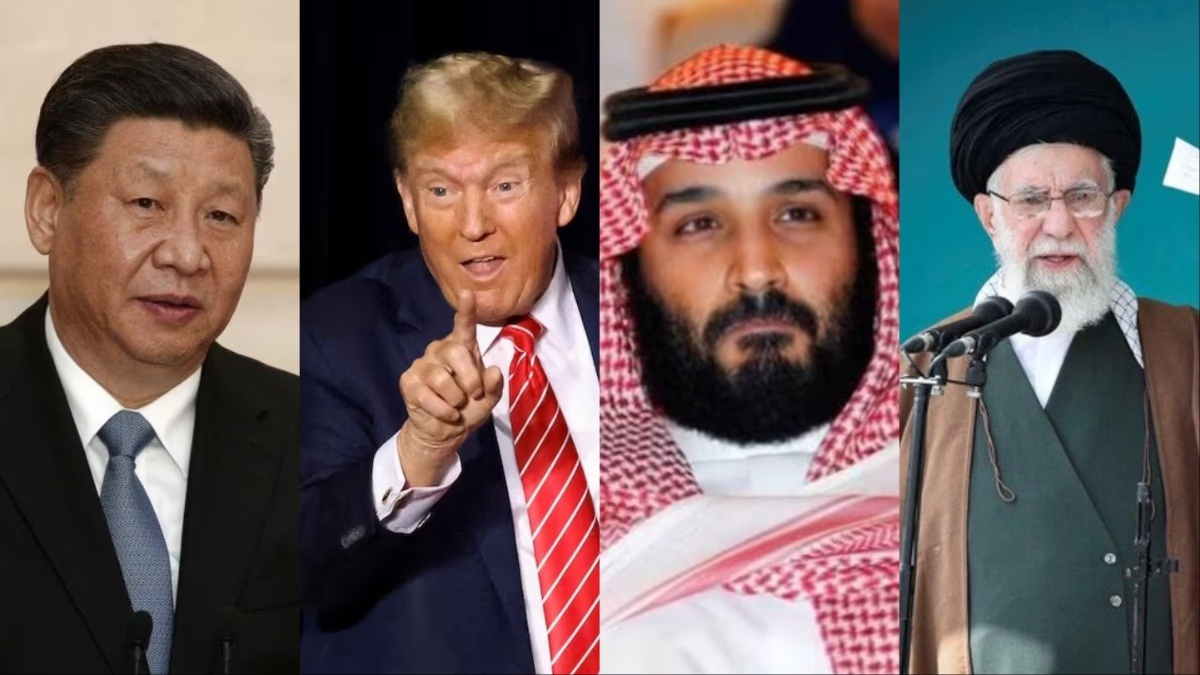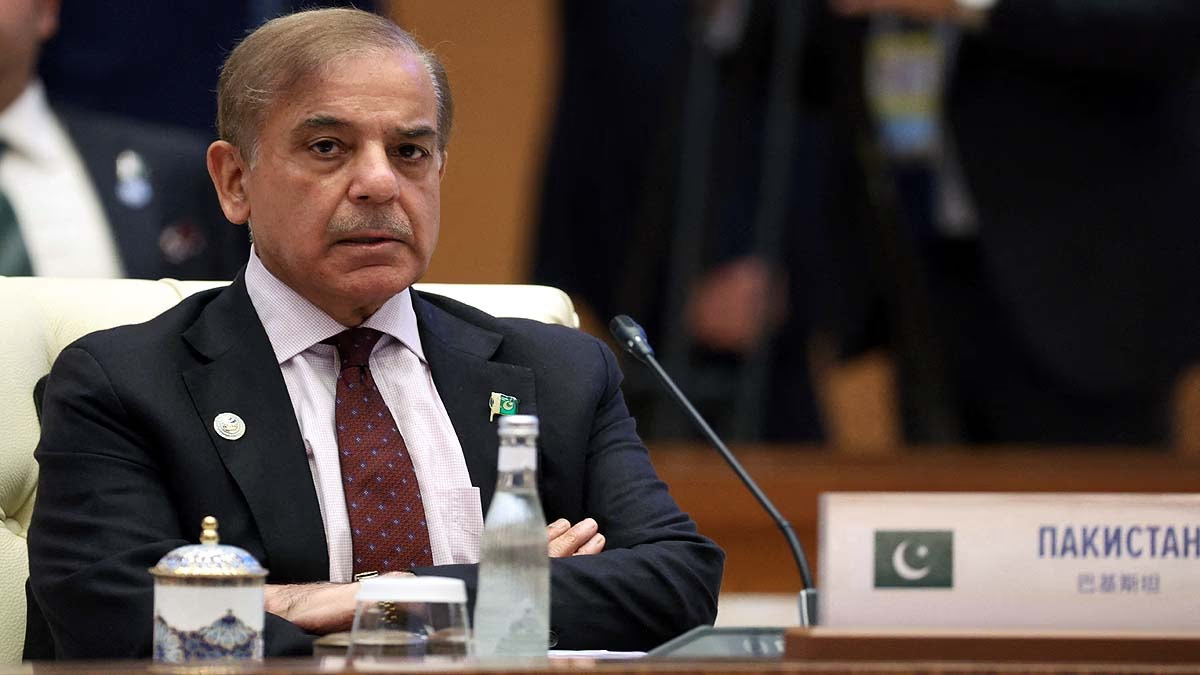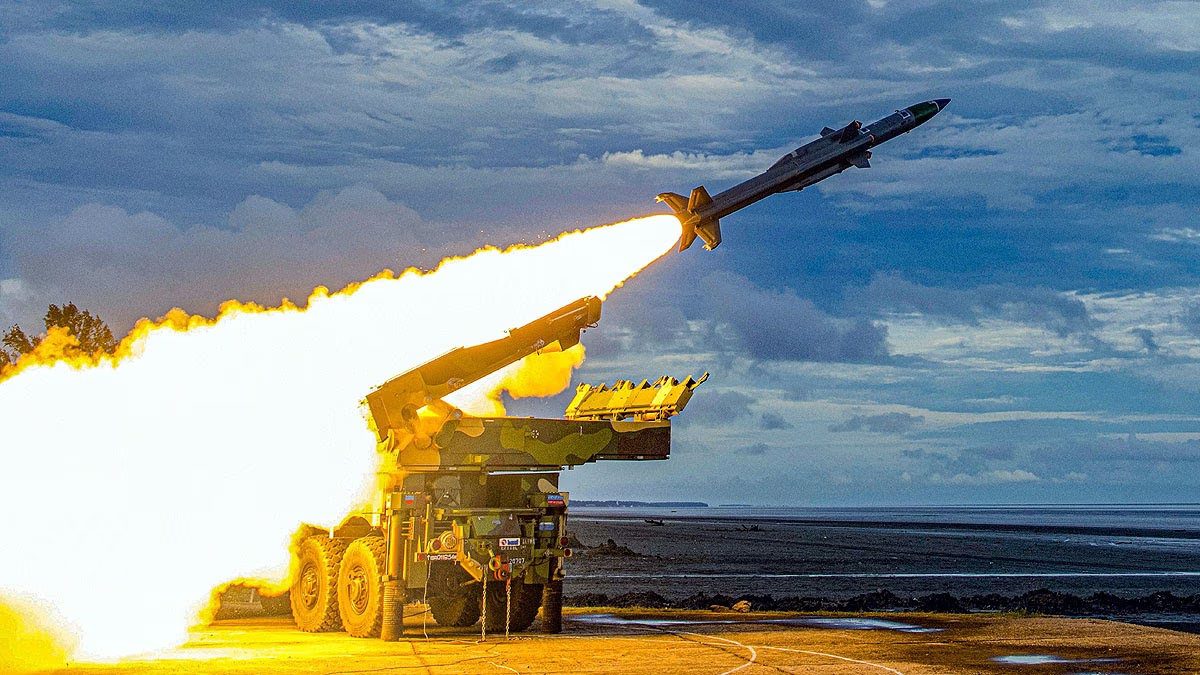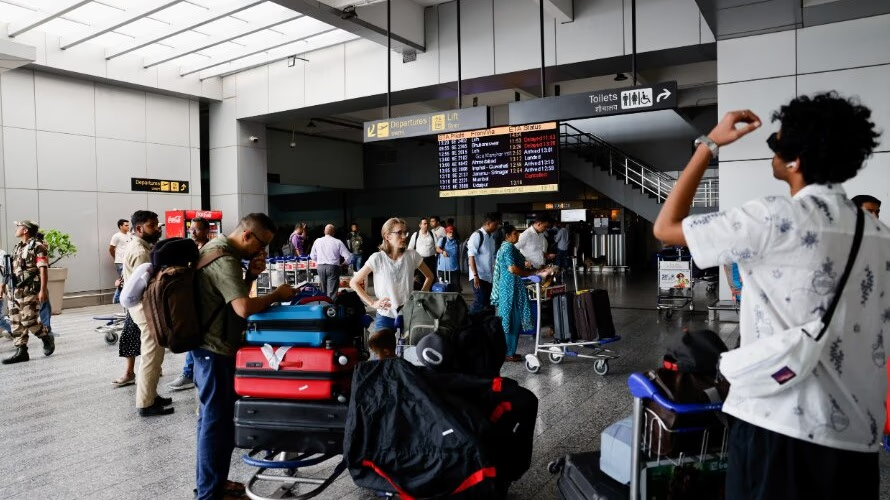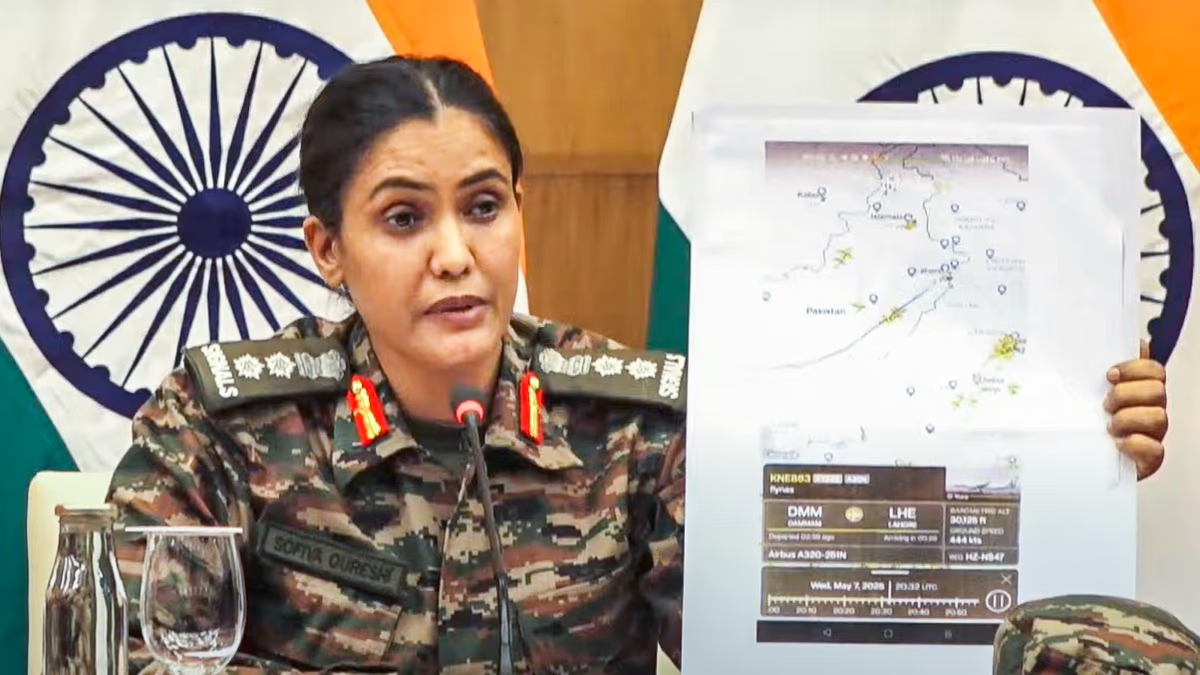In the skirmishes that began on Wednesday, Pakistan attempted audacious attacks using drones and missiles on multiple Indian cities. Indian defense forces adeptly countered these, preventing significant damage. Heavy gunfire from Pakistan targeted Indian sectors like Rajouri, Poonch, and Jammu, leading to the unfortunate demise of five individuals, including a senior official. In retaliation, India struck Pakistani airbases in Nur Khan, Mureed Chakwal, and Rafiqui.
The escalating conflict has become a matter of global concern. From China to the US and European nations, as well as the Arab world, leaders everywhere are vocally advocating for de-escalation.
China's Stand
China, a neighboring country to both nations, maintains a keen watch on the current tensions. A spokesperson from the Chinese Foreign Ministry expressed concern over escalating tensions, urging both sides to practice restraint and seek peaceful, political resolutions.
He stated, 'China is closely monitoring the situation and strongly encourages both nations to work towards peace and stability. It is essential for not only India and Pakistan but also for a stable and peaceful region, a sentiment echoed by the international community. China remains committed to playing a constructive role in this regard.'
G7 Response
The G7 nations, comprising the US, Canada, France, Germany, Italy, Japan, the UK, and the EU, have also reacted to the rising tensions. They issued a joint statement calling for immediate de-escalation and condemnation of a major terrorist attack in Pahalgam on April 22.
The statement emphasized, 'There's a pressing need for both nations to exercise maximum restraint to prevent further military action, which poses a severe risk to regional stability. We implore them to engage in direct peace talks while aligning our continued support towards a swift diplomatic resolution.'
US Involvement
The US remains acutely attentive to the situation, with frequent statements from President Donald Trump advocating for reduced tensions. The White House Press Secretary, Carolyn Levitt, reiterated Trump's standpoint this Friday, emphasizing a swift resolution.
Levitt said, 'Our Secretary of State and NSA Marco Rubio are also involved. Both nations have longstanding differences, but Trump maintains good relations with both Indian and Pakistani leaders, who are in constant communication with Secretary Rubio to mitigate the conflict.'
US Vice President JD Vance declared on Thursday that while the US would not directly intervene, it would continue to support diplomatic processes to resolve the tension.
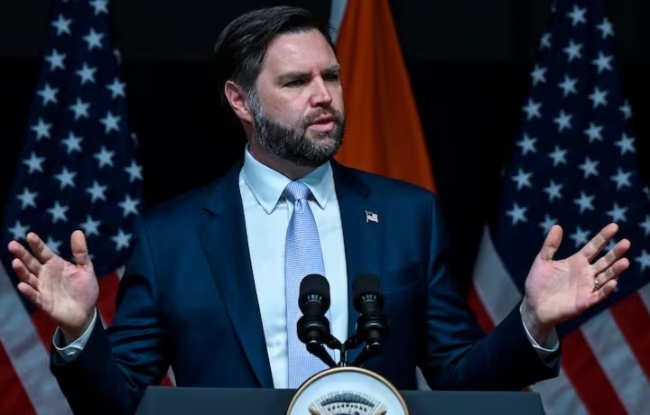
Source: aajtak
In an interview with Fox News, Vance stated, 'Our role is to encourage both sides towards peace, but we won't engage in a conflict that isn't ours. We hope for diplomatic solutions without compelling either side to lay down arms.'
Saudi Arabia
As a leading nation in the Arab world, Saudi Arabia is also apprehensive about the rising tensions. It announced efforts to mediate and encourage dialogue between India and Pakistan to peacefully resolve disputes.
The Saudi Foreign Ministry declared that Foreign Minister Abdel Al-Jubeir visited both nations on May 8th and 9th as part of these initiatives to reduce tensions and promote diplomatic dialogue.
This announcement follows a recent statement by Pakistan about targeted strikes on its airbases. In response, Pakistan launched an operation named 'Bunyan al-Marsus' or 'Firmly Built Structure.'
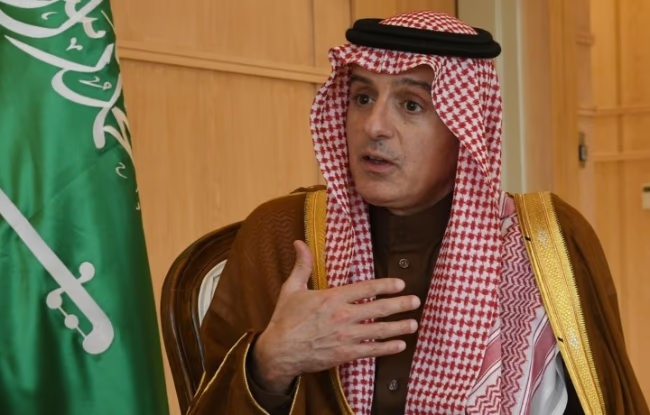
Source: aajtak
Reacting to the heightened tensions, Saudi's Foreign Minister Adel Al-Jubeir made an unannounced visit to India on Thursday to discuss these issues, later heading to Pakistan on Friday.
Qatar's Appeal
Qatar urged both India and Pakistan to maintain restraint, emphasizing the importance of dialogue in resolving contentious issues peacefully and diplomatically.
A statement from Qatar's Foreign Ministry said, 'Qatar is deeply concerned by the continuous tension and calls upon both nations to exercise maximum restraint, pursue prudent actions, respect principles of good neighborliness, and seek diplomatic solutions.'
Egypt Weighs In
Similarly, Egypt responded to the tensions, urging both countries to halt the escalation and engage in diplomatic discussions for lasting peace.
Emphasizing peaceful solutions, Egypt's statement reiterated the need for stability, stating, 'Restoring peace and fulfilling aspirations of both peoples requires a commitment to dialogue.'
Iran's Balanced Approach
Iran, maintaining communication with both India and Pakistan, sent Foreign Minister Abbas Araghchi first to Pakistan and then to India, advocating for de-escalation.
He remarked, 'We hope both nations prevent escalating tensions as peace is vital for regional economic cooperation. I am optimistic about progress.'
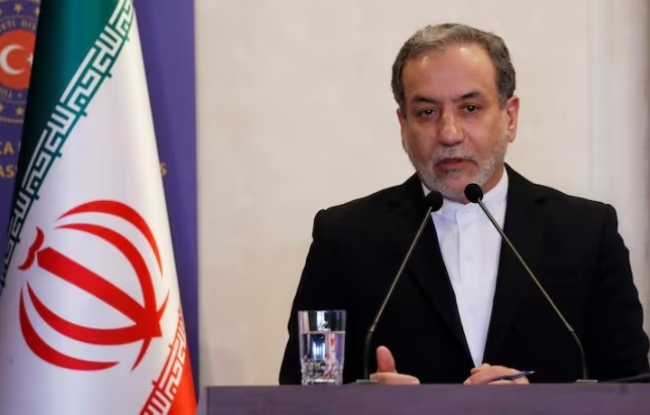
Source: aajtak
Before his visit, Iran offered mediation, although India declined third-party involvement.
Support from Turkey
Turkey has consistently backed Pakistan amidst the conflict, evident through military aid and statements supporting Pakistan.
President Recep Tayyip Erdoğan recently voiced solidarity with Pakistan on social media platform X.
Erdoğan warned of potential escalation due to missile strikes and sympathized with Pakistan over civilian casualties.
Reflecting close ties, Erdoğan revealed engagement with Pakistan's Prime Minister Shehbaz Sharif to address these challenges.
Advancing a conciliatory approach, Turkey supports Pakistan's call for an international Jammu and Kashmir investigation, advocating dialogue to settle disputes. Before situations worsen, Turkey is dedicated to fostering negotiations.
